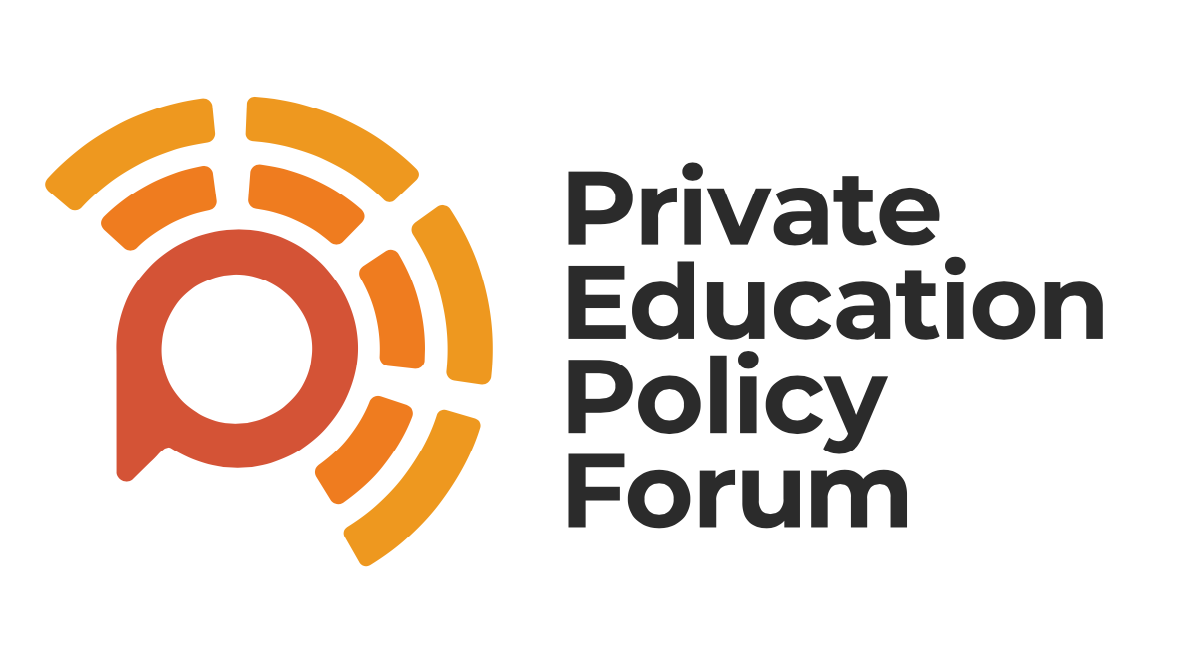
Susan Young, English UK
On the surface, Labour’s intention to charge VAT on private school fees is a simple, voter-pleasing policy: most have a mental image of it targeting rich parents who send their privileged offspring to turreted schools with acres of playing fields.
Now, some of the public have got the message that the schools – and families – involved could be far less glamorous or financially secure.
The penny waiting to drop though, is the unintended consequences for other forms of education.
These institutions, for example sports or music tuition and the teaching of English Language to international students, also risk being inadvertently dragged into the VAT net.
You may be surprised to learn that the UK has for decades been the world leader in the global industry of teaching English to international students.
Pre-pandemic, we welcomed around half a million foreign nationals to the UK to learn English annually, supporting over 35,000 jobs and bringing £1.5bn to the economy.
And it is a global industry. Our major competitors include the US, Canada, Australia and South Africa.
Closer to home, Malta and Ireland have thriving English Language Teaching sectors which have benefited from Brexit as students choose passport-free travel and combining work with study.
Not one of these competitors charges VAT on English Language Teaching. Imposing it on our industry can only put us at a huge national disadvantage: we cannot believe that is the intention of a business-friendly party.

The UK’s ‘hidden export industry’
Our students can be teens, young adults, professionals seeking a career advantage or older adults learning for fun.
They come for courses which can last a week or a year, or are general or specific. Thousands travel with school trips. A large percentage stay in ordinary British homes.
While our students are here, they spend more than tourists. Many are inspired to go on to study in our £20 billion higher education sector. Later still, there are affinity benefits to the UK from having former students with a favourable view of us around the world.
They – or their parents – choose the UK because they want to experience our culture, learn English in the home of the language or appreciate the quality of our offer.
We have the world’s most-established specialised English Language Teaching quality assurance scheme, Accreditation UK, run by the British Council and our trade association English UK.
This protects students by imposing high standards of teaching, management, welfare and safeguarding, with rigorous inspections of the criteria. Members of my association, English UK, must be part of Accreditation UK.
Having ELT students here is a win-win. Imposing VAT could have serious consequences.
Surely ELT can afford VAT?
You might think this industry could afford the imposition of 20% VAT but the truth is more complicated than that:
- ELT is a mature and price-sensitive industry with plenty of global competition and the UK already has the reputation of being an expensive destination. Our EU competitors Ireland and Malta do not charge VAT – and nor, currently does the UK – because of a 1990s directive encouraging member states to learn each others’ languages.
- UK ELT has already been badly hit by Covid and Brexit. Many schools almost closed permanently when students were unable to travel during the pandemic, with finances yet to recover. Our biggest markets, EU schoolchildren and young adults, prefer passport-free Malta and Ireland since Freedom of Movement ended.
- Visa changes and political rhetoric have put off many students and their families, who think the UK is no longer a welcoming place to study. Price is therefore critical.
- Language schools are often small family-run businesses which teach small numbers of students and have tiny profit margins. Around 90% of English UK’s members are SMEs.
So why shouldn’t VAT be payable on ELT fees?
Having a thriving ELT sector brings many benefits to the UK. These include:
- Export earnings from the students’ courses, accommodation, sightseeing and spending
- Feeding students into the UK’s massively-important £20m international education sector, universities in particular
- Soft power benefits
- Supporting 35k jobs – some specialist, some general – in often-challenged areas of the UK such as coastal communities
- Household income boosts for households which host students in spare rooms
- Unlike many other businesses, VAT chargeback is unlikely to do much for ELT centres, most of whose spending is on staffing rather than materials or consumables.
- Prospective students already feel unwelcome in the UK as a result of high visa and NHS costs. Imposing VAT as well would intensify this.
We assume the argument for taxing school fees is to level the playing field between children educated privately or by the state.
But this argument doesn’t apply well to ELT schools. Also, it is arguable that it would be inequitable if the small number of ELT courses taught at state FE colleges were not similarly taxed.
International students pay their way in the UK economy: they contribute to our exports as our highest-spending visitors and pay high visa and NHS fees.
And it’s important to note that most of our students are not wealthy: many are ordinary kids on school trips or young people investing in their future so that they can do further study in the UK and work in a world where English is the language of business.
We should do everything we can to encourage these students. We should not deter them with a tax which will raise little but at great cost to our industry.
Susan Young is the external relations manager for English UK, which represents and supports more than 300 accredited English language teaching centres. The centres taught 500,000 international students in 2019.



